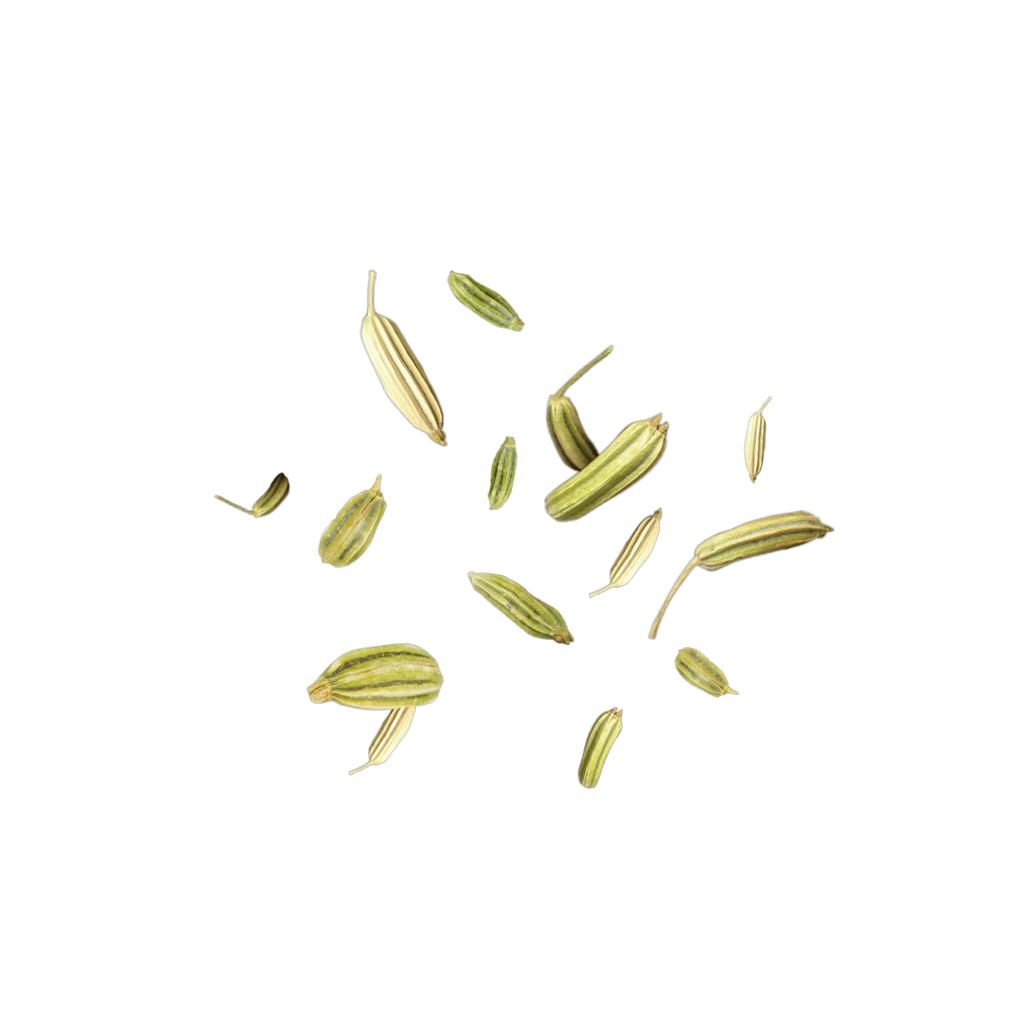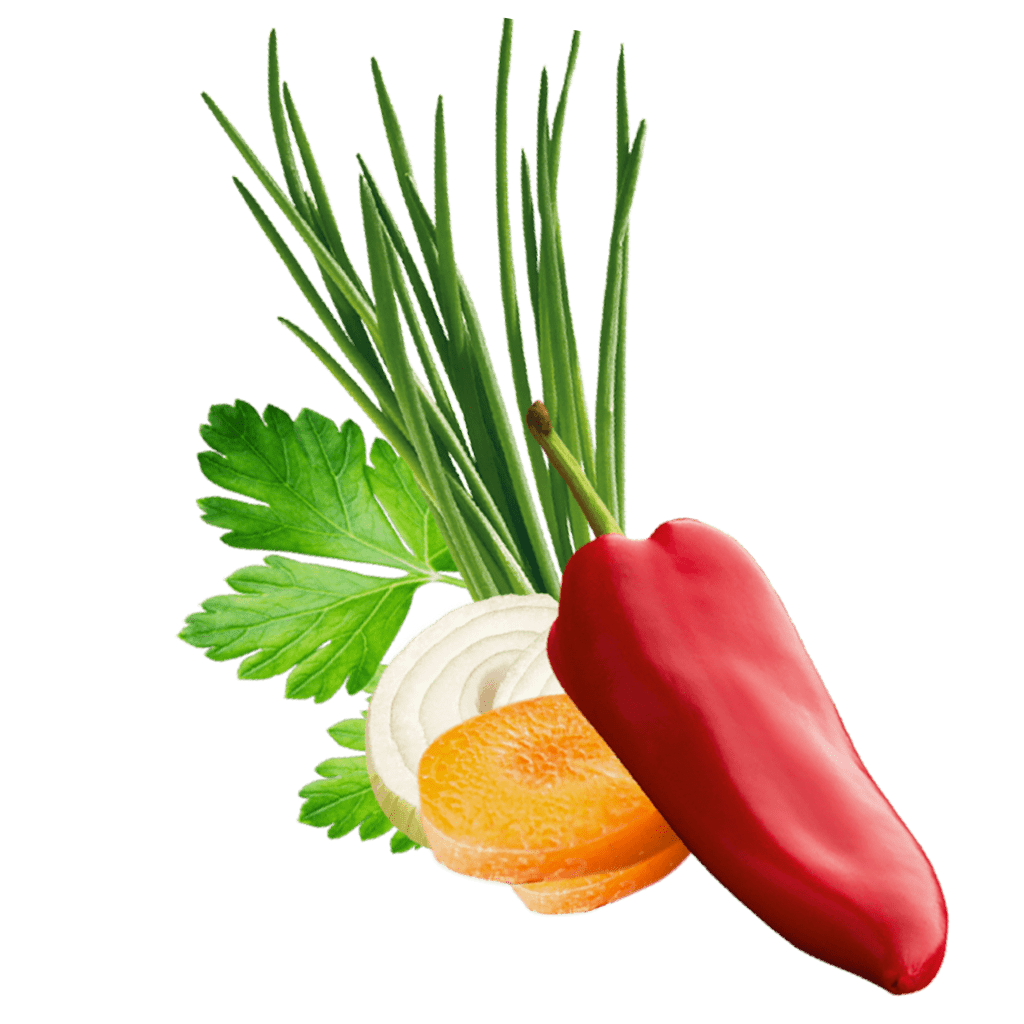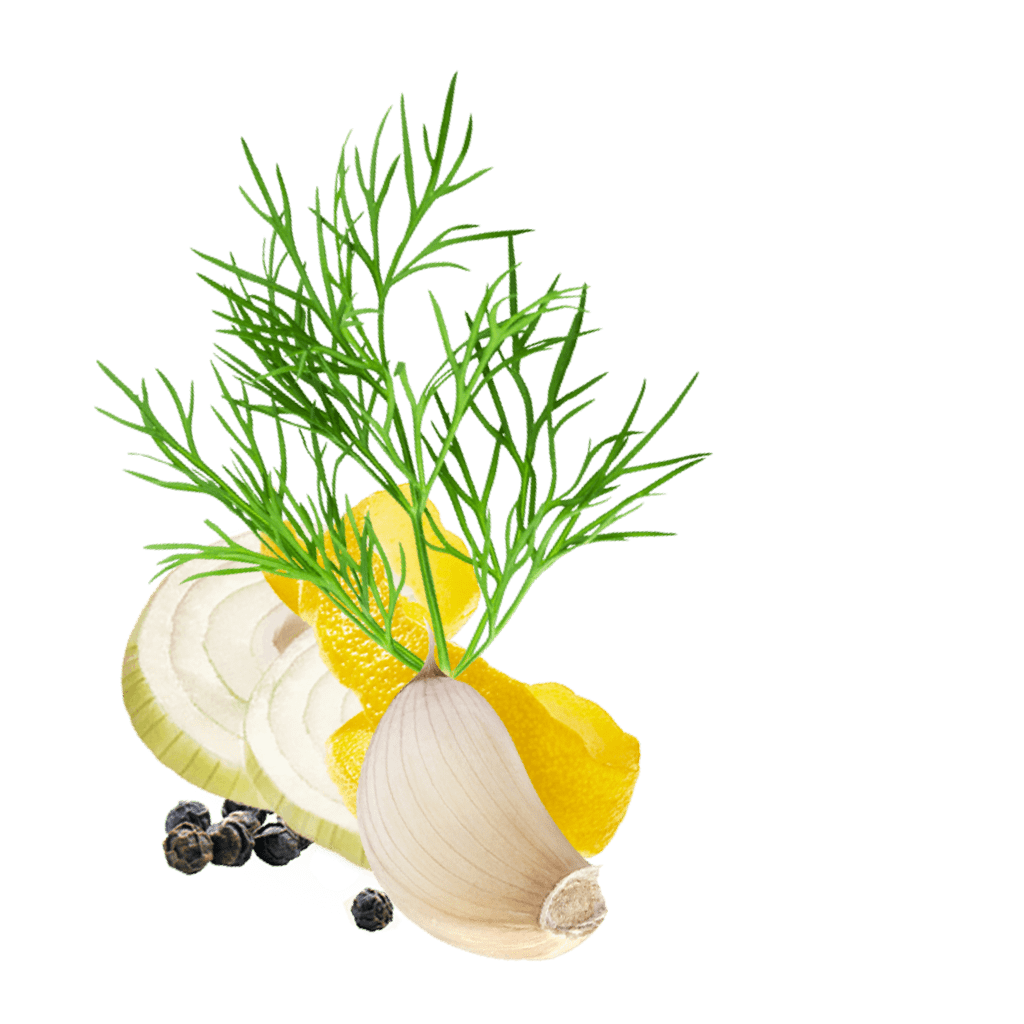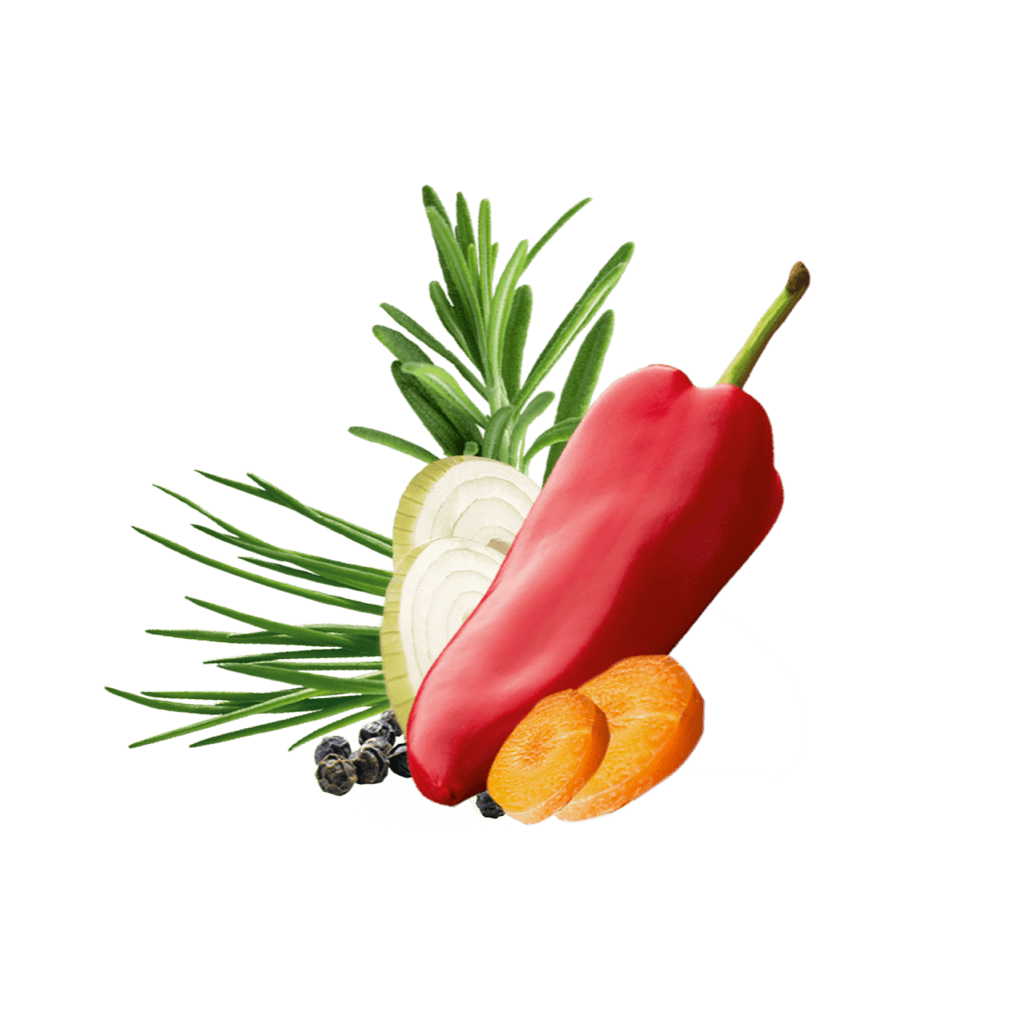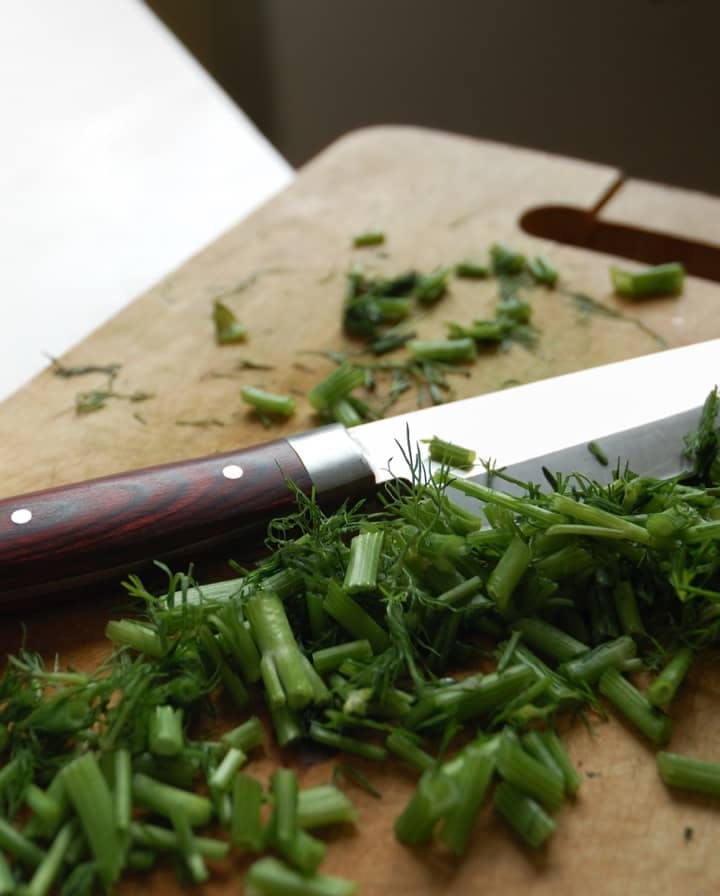Dill
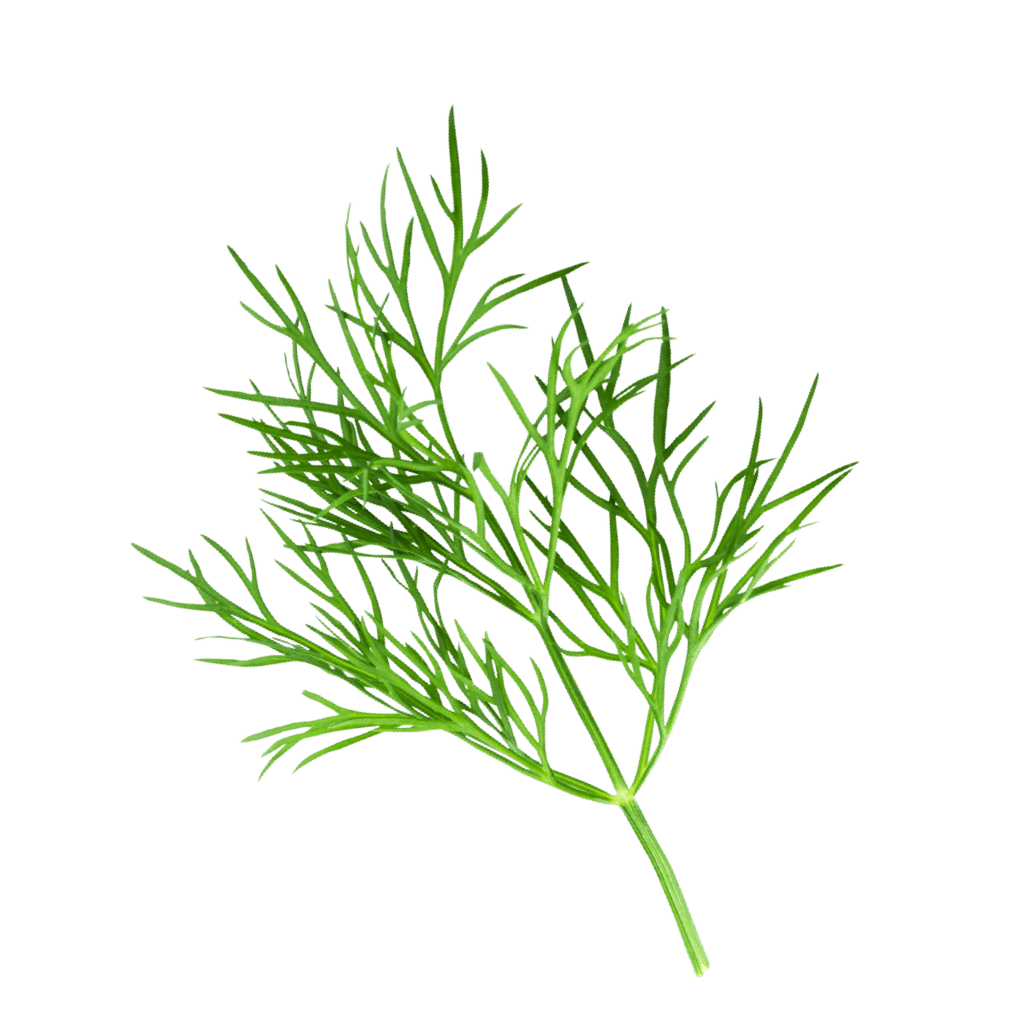

Dill is an indispensable ingredient in Mediterranean and Scandinavian cooking. The “herb of vitality” complements fish dishes exceptionally well with its sweet, fresh flavor.
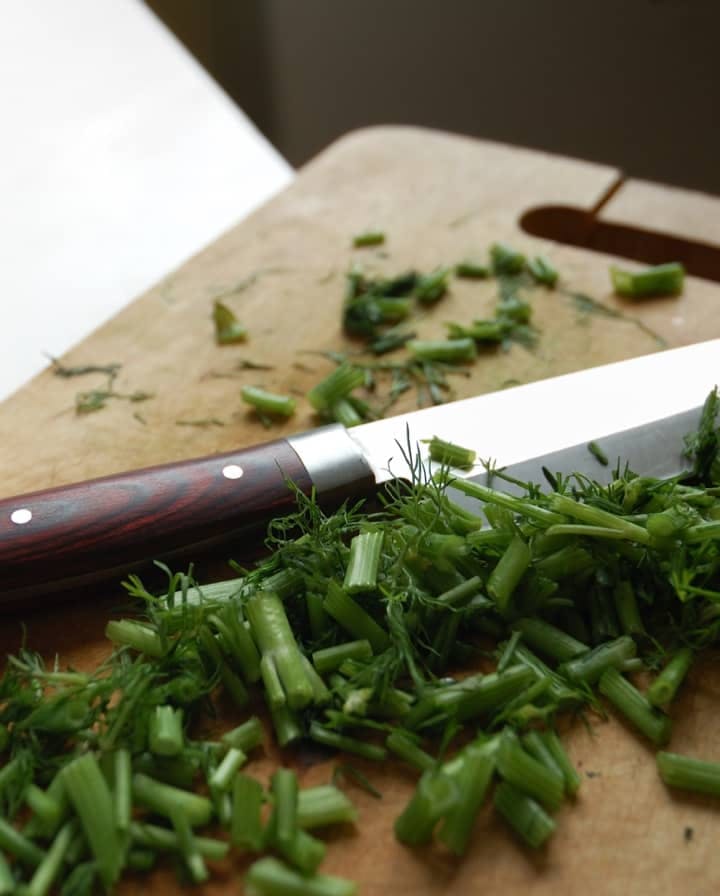
Dill as an Herb
It’s mainly the leaves on the plant, the dill fronds, that are used as an herb, though the fruit is also used. The intensely fresh, subtly sweet flavor of the dill fronds is reminiscent of anise and cumin. The fruit has a similar flavor, but with a gentle heat. Dill has been used in the Mediterranean region since ancient times. It used to be considered a symbol of vitality as it was thought to put people in a good mood. Since the Middle Ages, dill has also been used across the rest of Europe and is now particularly indispensable in Scandinavian cuisine and its fish dishes.
Products Containing Dill
Currently Viewing: 1 of 0
Usage
Dill is related to caraway, anise and fennel, and is used in both fresh and dried form. Crushed dill fronds can be used in all manner of dishes, but its characteristic flavor goes particularly well with honey, mustard and vinegar. Seafood and fish benefit the most from the flavor of dill — for example, Scandinavian smoked salmon is traditionally served with a sweet and sour dill mustard. Dill is also commonly used in Greek and Turkish cuisine: Various yogurt, cheese and vegetable dishes like tzatziki, börek and stuffed vine leaves only take on their characteristic flavor when dill is added.
Tip!
For a wonderfully flavorsome dill vinegar, place some dill fronds in a bottle and pour wine vinegar over them — in two weeks, you'll have a tasty dressing for any kind of salad.
Related recipes
Currently Viewing: 1 of 0
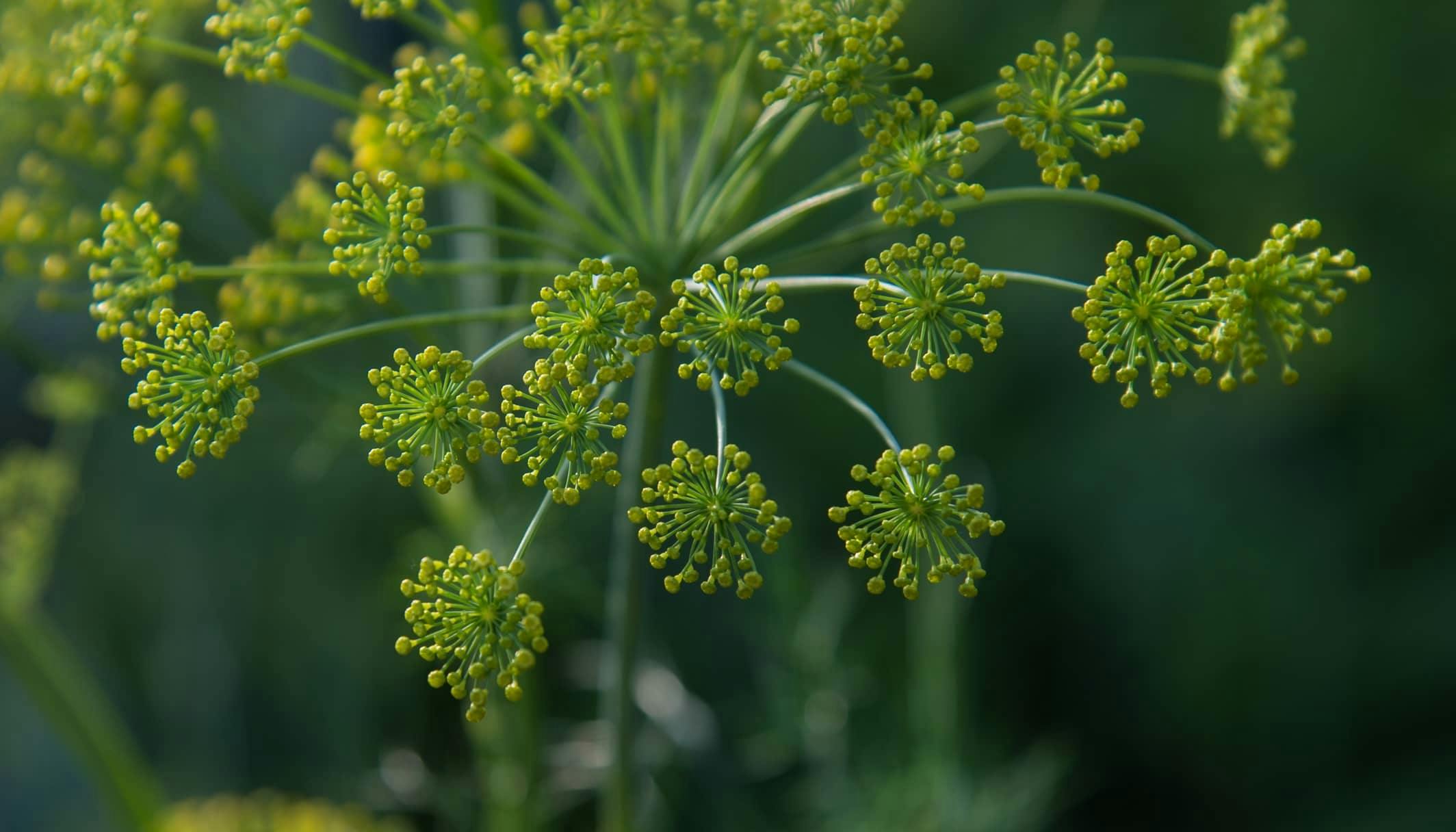

The Plant
Dill is native to the Mediterranean region, though today is also grown in the Netherlands, Poland, North Africa, the Americas and India. People have been growing dill in their gardens for around 2000 years, and the herb also used to be grown in monasteries as a medicinal plant and a seasoning herb. Various types of dill were cultivated, depending on whether it was the leaves or the seeds that were to be harvested. The annual dill plant grows to up to 1.2 meters tall and has delicate, thin fronds. The fruits are often incorrectly referred to as seeds and have an intense flavor in contrast to the fronds, which have a subtle and fresh aroma.
Factbox
- Scientific Name
- Anethum gravolens
- Family
- Parsley family (Apiaceae)
- Other Names
- Dill weed, dill herb
- Origin
- Mediterranean region, Central Asia, Middle East
Discover more
Fennel
